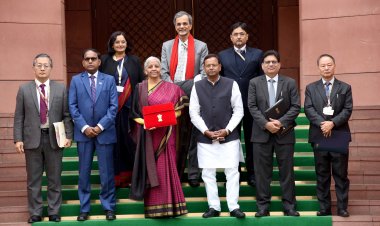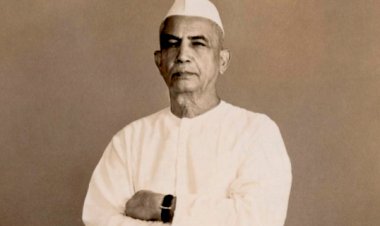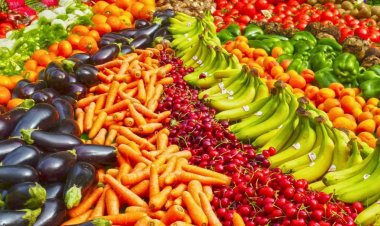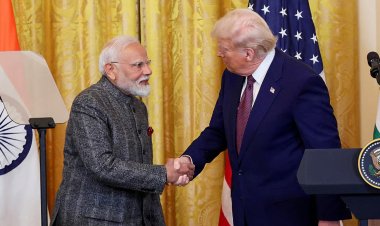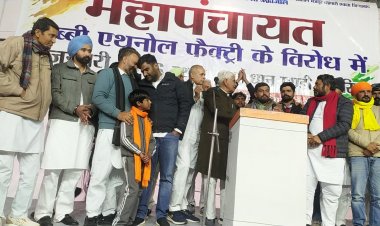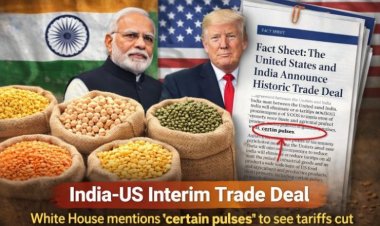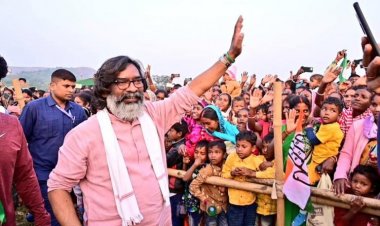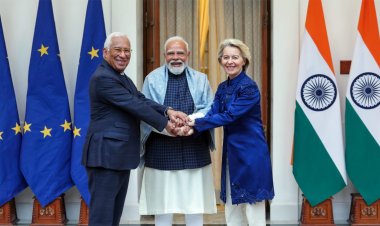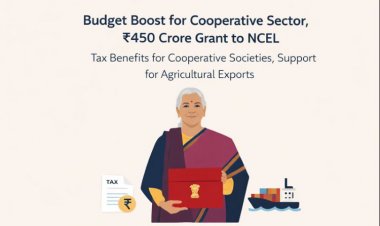Inflation is a pick-pocket, must be arrested soon
Inflation in wholesale mandis , as measured by the Wholesale Price Index (WPI) at 14.23 per cent in November ,2021 has come as a shocker to policy analysts and economists. How concerned are policy makers is difficult to guess, although such an increase is the highest in decades
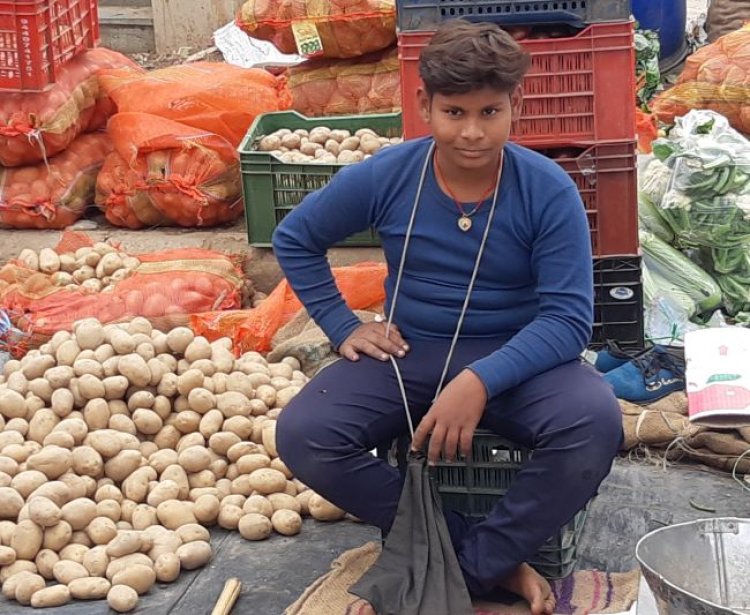
Inflation in wholesale mandis , as measured by the Wholesale Price Index (WPI) at 14.23 per cent in November ,2021 has come as a shocker to policy analysts and economists. How concerned are policy makers is difficult to guess, although such an increase is the highest in decades. Besides, this is for the 8th month in a row that mandi inflation remained in double digit.
As the inflation both at the retail and wholesale levels, as underlined in the earlier columns, is systemic in nature , prices have generally risen in most of the sub-groups, with usual culprits of fuel and power hitting the ceiling close to 40 per cent in November on an annualized basis.
Inflation is a pick-pocket and spares none, though the pain is felt more by the poor in cities and villages. It is ironic that those in villages, especially the small and marginal farmers find themselves deceived by how the cereals they had sold at distress prices at the time of harvest command a premium when they run out of stocks for self-consumption. The agony gets amplified when they are made to buy the same commodity at a higher price; as compared to their sale price. But , do farmers not store enough grain for year-long self consumption? Well, those versed with the rural economy would know, this luxury of storage even for self-consumption is not available to all the farmers , as they are desperate for cash at the time of harvest.
Wheat is a classic example. When the harvest arrives in April, farmers struggle to get the Minimum Support Price, but come December, January, the staple food becomes expensive. On top of it, the annualized inflation makes it even tougher.
Prices of wheat went up by over 10 per cent in November, 2021 year-on-year. Combine it with oilseeds which saw an increase of about 25 per cent , the kitchen budget goes haywaire, as higher oilseeds price means higher retail price of the cooking oil.
There is a huge difference between the mandi inflation measured by the WPI and the retail inflation gauged by the Consumer Price Index. Against the 14.23 per cent rise in WPI, the CPI rose by 4.91 per cent in November. What explains this? First and foremost, the WPI is an early signal for a higher pace of price rise at the retail level; there is a lag at least for a couple of months. Most of the items in the WPI basket comprise inputs for the products of final consumption. We cannot have a situation where WPI remains at a heightened level while CPI stays within the so-called plus- minus two percent of the RBI target of 4 per cent. For over 18 months, the RBI continues to give a negative return to bank depositors , favoring the large borrowers, including the Government - the largest borrower.
Another plausible reason for a wide gap between wholesale and retail inflation could be eroding pricing power of the retailers because of demand compression. We are in a peculiar fix. Normally, rising inflation is a sign of increasing demand; but demand pick-up is only a partial return to the pre-Covid level. Is it stagflation? Cannot say!
So, what is that the government can do to beat inflation as immediate measures? Forget about fixing systemic factors because most of them cannot even be fixed by the government , energy prices for instance. As a fire-fighting measure, the government must reactivate an empowered inter-ministerial committee of no less than secretaries. This committee must meet on a weekly basis and announce what best could be done - things like tinkering import duty, cutting GST (with the cooperation of states), reviewing the stock limits of individual items, giving transport subsidies and so on. Besides, the government can take up market intervention with the help of its agencies like Food Corporation of India, NAFED and state level cooperatives. Such an intervention can have a significant sentimental impact on profiteering. And nothing stops the secretaries and even the ministers to call meetings of top industry leaders, impressing them to rein in prices of items like cement, steel, refined cooking oil.
Immediate government intervention is a must to reverse the rising inflation graph and mitigate hardship of a common woman.
(Prakash Chawla is a New Delhi-based independent journalist)



 Join the RuralVoice whatsapp group
Join the RuralVoice whatsapp group

















